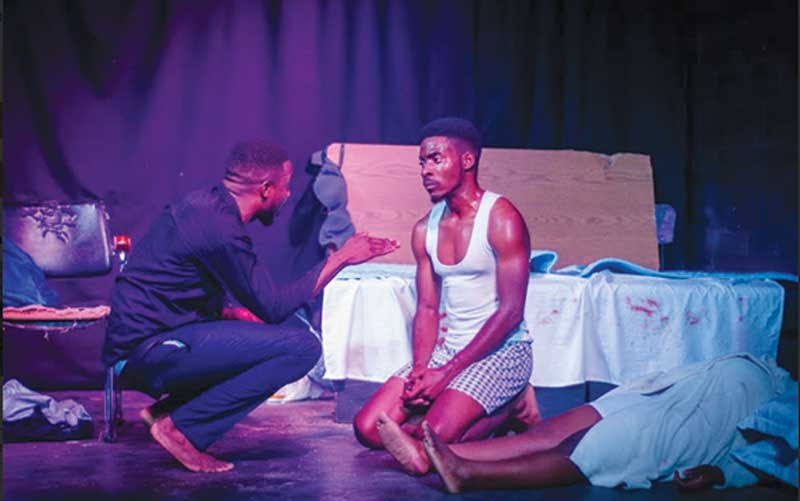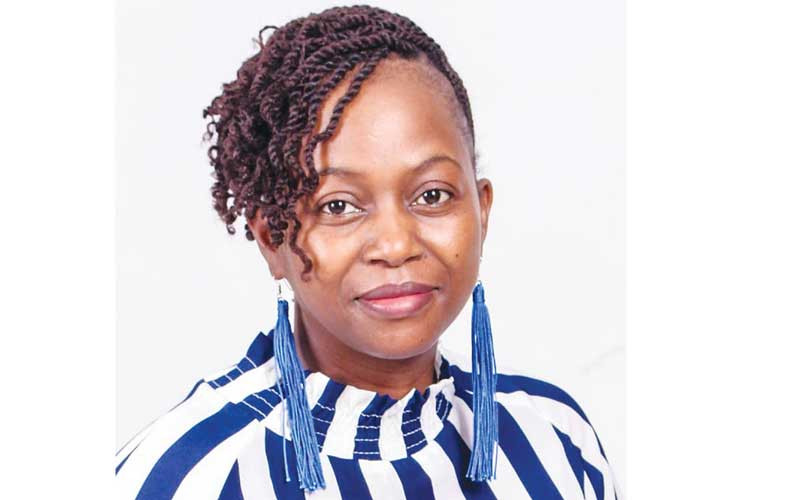
SAVANNA Trust, a non-profit organisation specialising in theatre, recently hosted a three-day festival at the Jasen Mphepo Little Theatre in Harare under their ACCEL ZW project. The festival line-up included a masterclass on intellectual property rights, theatre acting and movement workshop, early years theatre and set design symposium, local theatrical plays, and regional acts from South Africa and Zambia.
The live theatrical play performances included Isiphelo Sohambo by Young Artists Development School from Bulawayo, Beautiful Man by Jasen Mphepo Little Theatre in Harare, Indlela by Abantu Creative Projects from South Africa and Flesh and Blood by Mtsinje Trust from Zambia, among others.
The festival aimed to refine the creative capabilities and entrepreneurship of cultural practitioners in Zimbabwe.
Daniel Maposa, executive director for Savanna Trust and festival director for the ACCEL ZW theatre festival, said the three-day event was meant to build the capacity of theatre practitioners to ensure that the theatre industry formulated business models that could ensure their sustainability. “The background of the festival started off by training our participants. We called for participants in our project in August last year and then we went around the country auditioning theatre groups, particularly those based in marginalised rural communities and those that were young and women-led,” Maposa said.
“Out of that process, we got groups from Chikukwa village in Chimanimani, Hwange, Bulawayo and Gwanda. Those were the first cohorts of groups that went through an intensive theatre-making and performance process. After the theatre-making and performance process, the groups were mentored to produce theatre productions that were then toured around theatre venues and other festivals.
"The ACCEL ZW theatre festival is the culmination of all these activities, including bringing different theatre organisations together, including community-based ones and local and international professional mainstream ones, to showcase their plays and celebrate theatre," Maposa added.
He said festivals played a pivotal role in the development of the theatre industry in Zimbabwe.
“Festivals are a vital component of the growth and development of local theatre, particularly in creating a platform where audiences from different backgrounds can come and enjoy theatre. During these festivals, audiences pay to watch the shows and collectively enjoy the performances. This not only raises awareness about the theatre sector in Zimbabwe but also facilitates the sharing of knowledge among practitioners,” Maposa said.
- Savanna Trust honours Mcedisi Shabangu
- Theatre play relives 1990s food riots
- Savanna throws lifeline to theatre groups
- Theatre lovers enjoy three-some lengthy productions treat
Keep Reading
He said the income generated from ticket sales is reinvested in creating quality theatre and supporting livelihoods within the industry. Maposa added that festivals also serve as platforms for theatre makers to showcase their work and gain recognition from venue owners, other festivals, scouts, actors, directors and producers.
“Additionally, festivals are often accompanied by workshops that contribute to talent development and attract new individuals to the sector. The interaction and collaboration between professionals and emerging artists at festivals inspire and nurture growth in the theatre sector,” he said.
Varaidzo Zhou, ACCEL ZW festival co-ordinator, highlighted why the ACCEL ZW is essential for the groups from marginalised communities.
“I co-ordinated this festival together with Teddy Mangawa to provide marginalised theatre groups with the opportunity to perform on a professional stage and engage with regional and international artists. This created a platform for learning and exchanging ideas and themes, where we could both learn from and share insights with one another. By doing so, we aimed to enhance their skills and capacity, enabling them to become full professional theatre artists,” she said.







